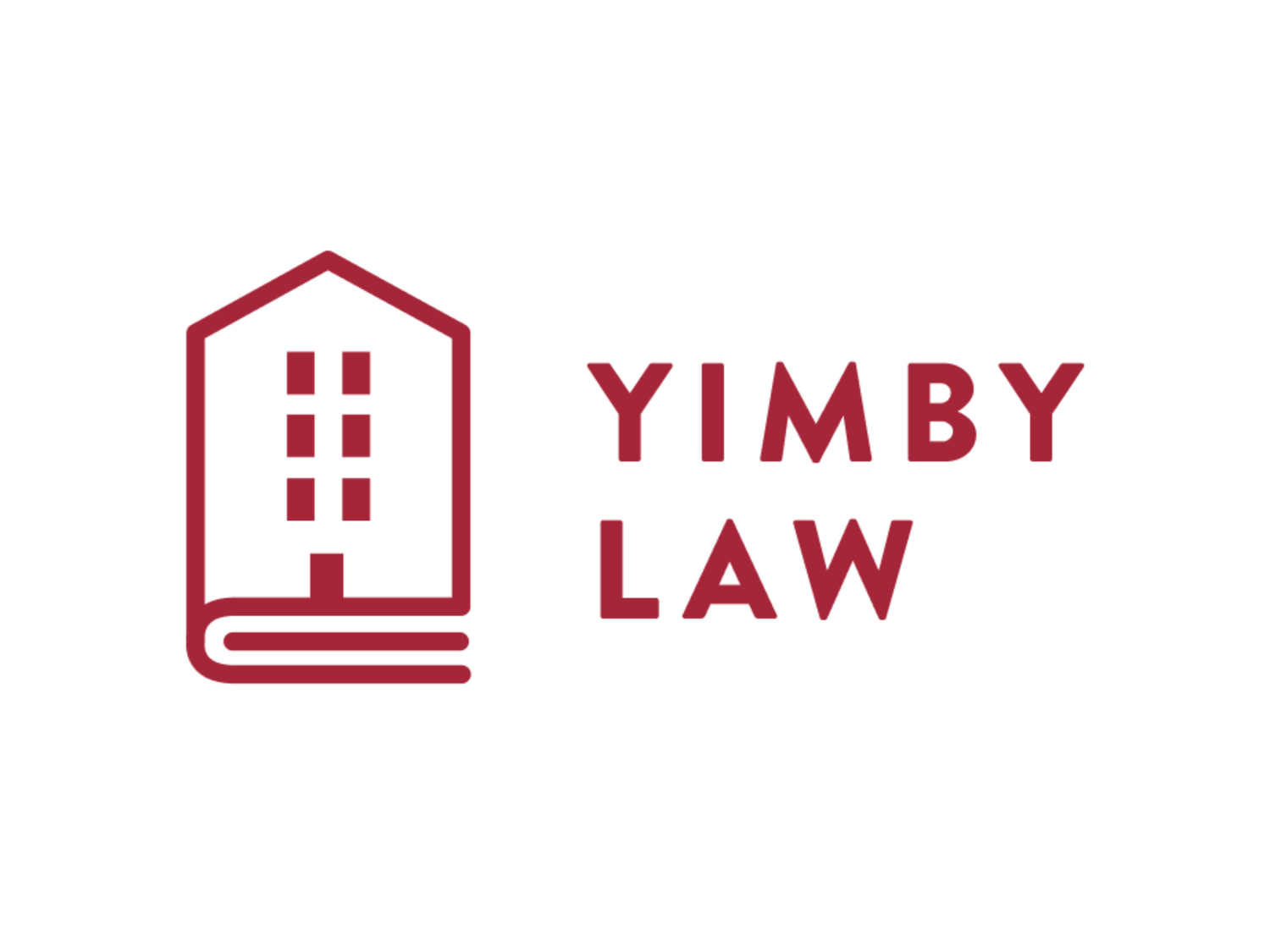One Year Displaced
/A year ago today, I woke up in a hotel in California. I’d driven there the night before after packing what remained of my belongings into my Miata and saying goodbye to my friends in Phoenix, where I’d lived for seven years. I left because an influx of priced-out Californians priced me out of Arizona. I no longer had a home.
Of course, I could have paid (28%) more to keep my apartment in Phoenix, and I afforded temporary homes in nice places anyway. Still, housing insecurity has become a common experience, especially (though not exclusively) for younger generations. And people need housing too much for things to stay this way forever.
Save Money, See Places
People have lives to live while construction can’t happen fast enough. When housing becomes unaffordable, people double up. I’m not the only one doing this, and I suspect it’ll become more common as housing prices remain high. Jane Jacobs noted this phenomenon in the 1920s and ‘30s in Dark Age Ahead (2004).
Throughout 2022 and into this spring, I hopscotched through a series of one-month rentals on Airbnb. The short-term rental giant’s rooms have undercut the housing market in much of the West. I lived in Eureka, Seattle, Lake Tahoe, Santa Barbara, San Luis Obispo, San Francisco, Los Angeles, Tucson, El Paso, Berkeley, and Sebastopol—all transiently cheaper than my former studio apartment in Phoenix.
Now I live in Santa Cruz, improbably, with a partner who rents a basement from a couple who I’d guess have paid off their mortgage. There’s no way we could afford a market-rate home here, despite two well-paying jobs. The restaurants close at 8pm because so few workers can afford this city, and it’s rare to see children playing in silent neighborhoods of second homes. The weather is probably too nice for Santa Cruz to shrink forever, but it will take a long time for it to welcome working families again. People are likely to orchestrate micro solutions, as my newfound household has, before the government or the building industry can.
Horribly, most cities outside California restrict people from taking on housemates. That’s actually how the U.S. Supreme Court justifies single-family zoning. See Vill. of Belle Terre v. Boraas, 416 U.S. 1 (1974); but see City of Santa Barbara v. Adamson, 27 Cal.3d 123 (1980). YIMBY Law isn’t litigating this issue, yet. With that, let’s check in on our housing-element cases.
Housing-Element Litigation Update
Currently, we’re litigating against Burlingame, Cupertino, Fairfax, Palo Alto, and Sausalito on their housing elements. Of these, we have moved for judgment against Palo Alto and Cupertino. Different aspects of all five cases are still developing in court. We’ll share results as they come.
To our dismay, HCD certified Sausalito’s housing element. HCD’s certification has no bearing on our primary CEQA claim, which offers its own path to the builder’s remedy should we prevail. Certification simply means we’re litigating “against the standard” on our secondary housing-element claim. But that’s often what public-interest litigation is about; public-interest litigants prevailed against the standard last month. We remain unamused by the city’s shenanigans, and we intend to see this case through.
And Now for Something Completely a Little Bit Different
While we’re litigating housing in California state court, there’s an entire federal judiciary constantly wrestling with the whole universe of federal law. Part of that universe is the First Amendment.
In a case now before the Ninth Circuit, the state board of land surveyors has taken the position that drawing lines on satellite maps requires a land-surveying license. But of course, housing activists in California do that all the time. No one should need a license to comment on a housing element’s site inventory.
We’re pleased to share that the UCLA School of Law’s First Amendment Clinic has filed an amicus brief for Yes In My Back Yard in support of the case against the land-surveying board. Thank you to UCLA Law students Ian Levy, Katarina Rusinas, Asim Zaidi, and their Prof. Eugene Volokh, for authoring the brief. Here it is:


